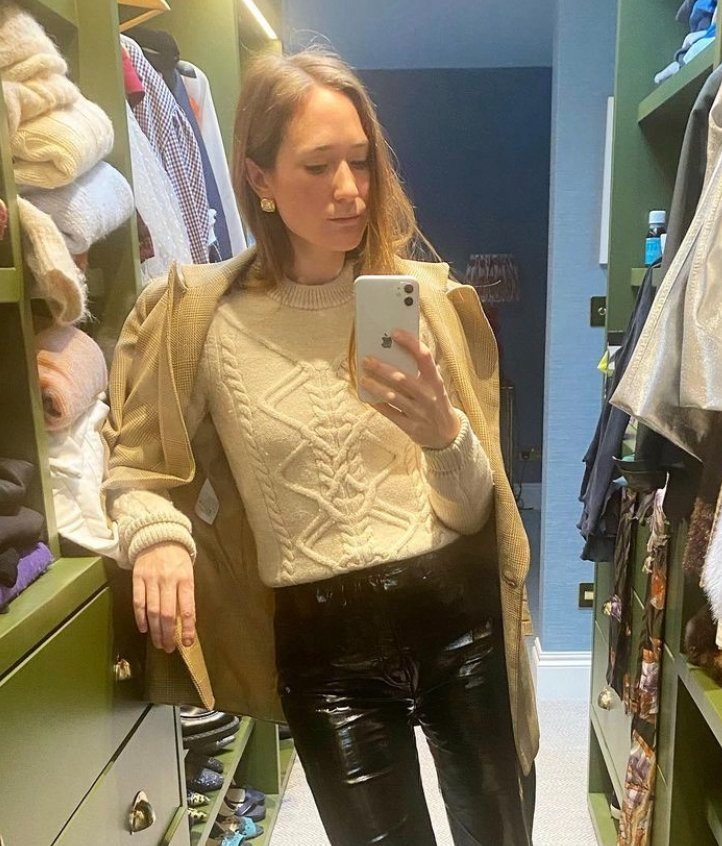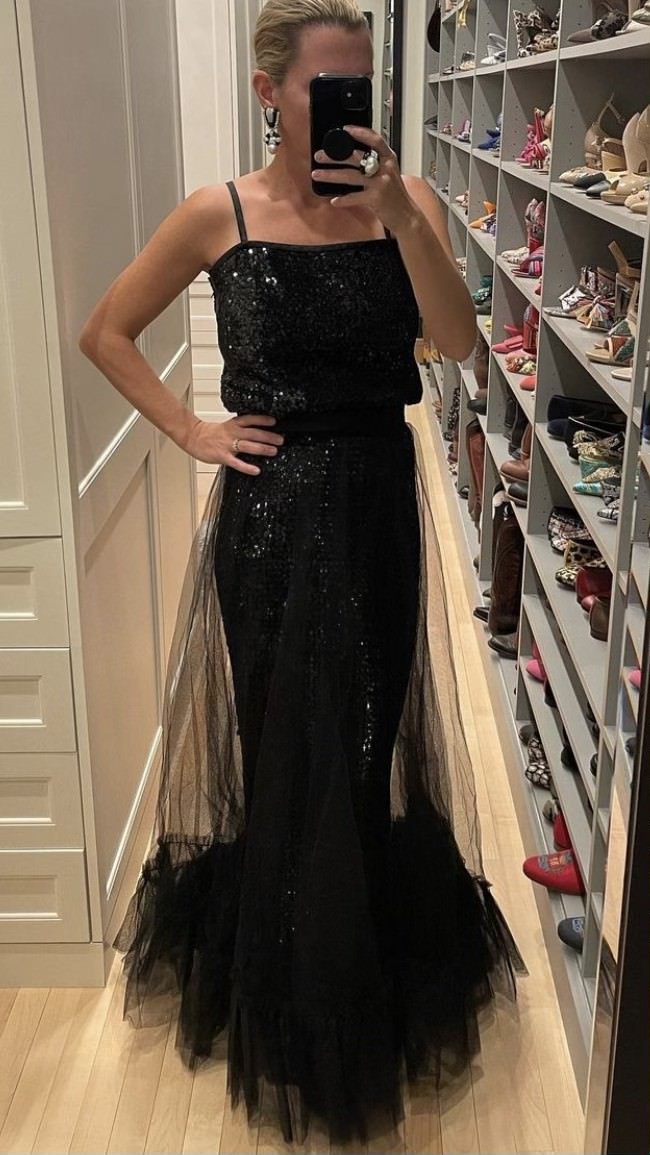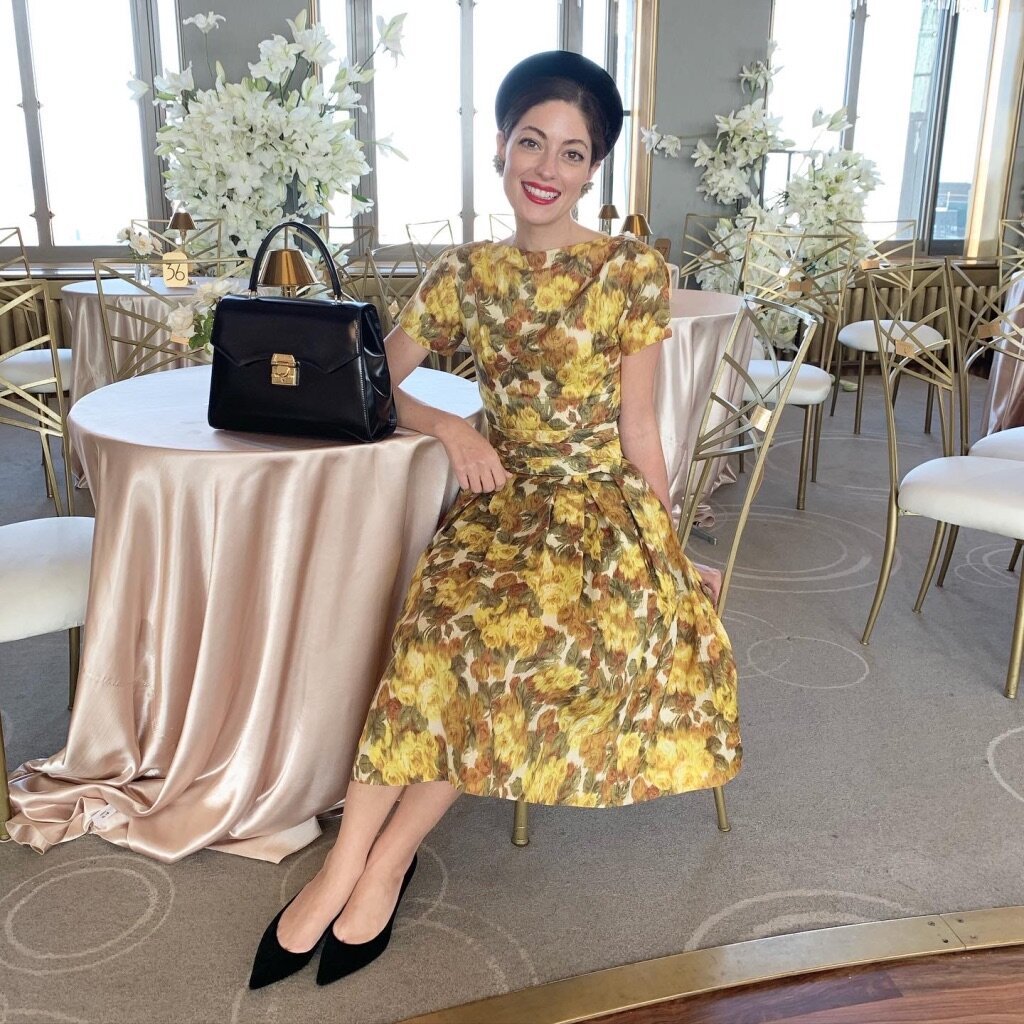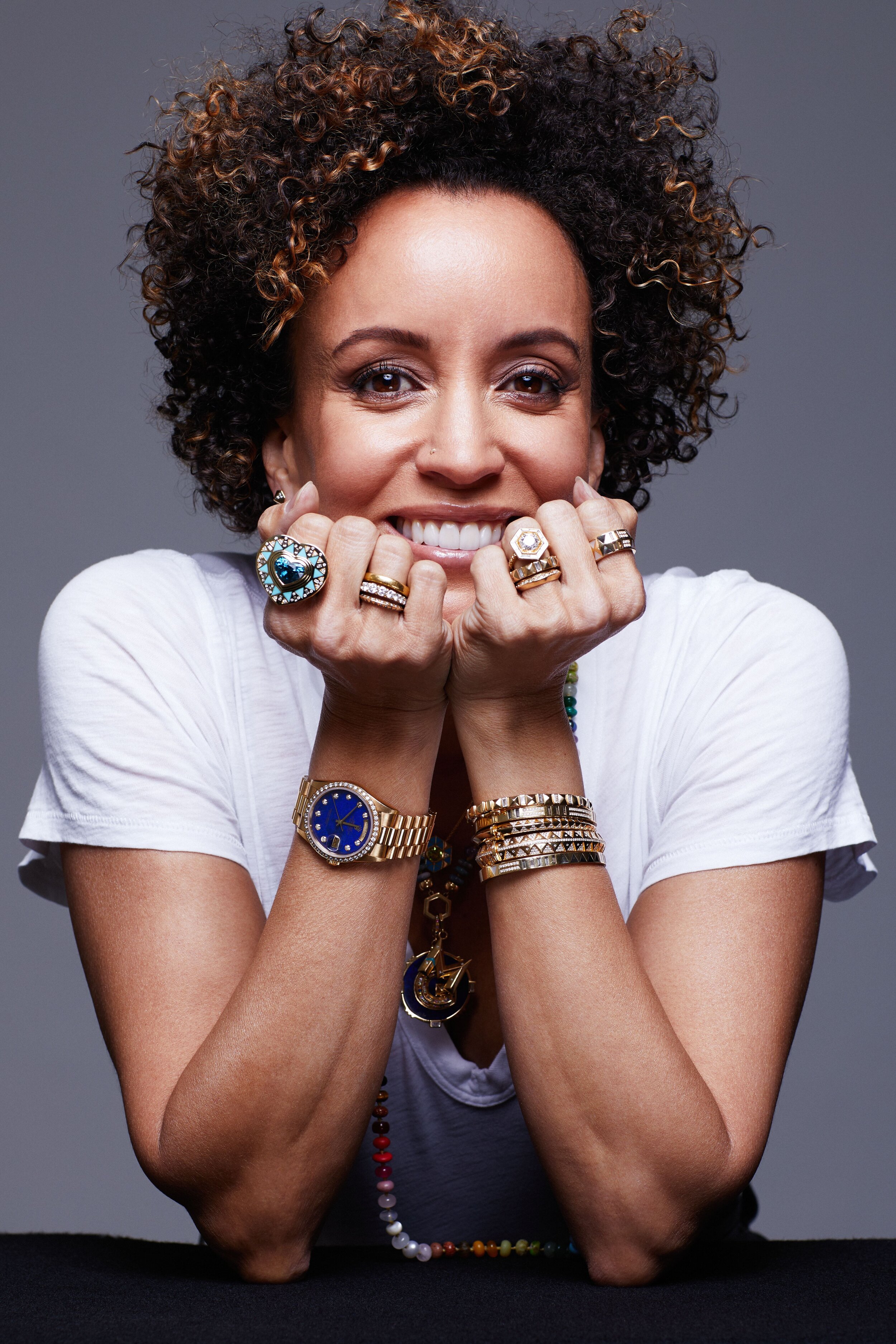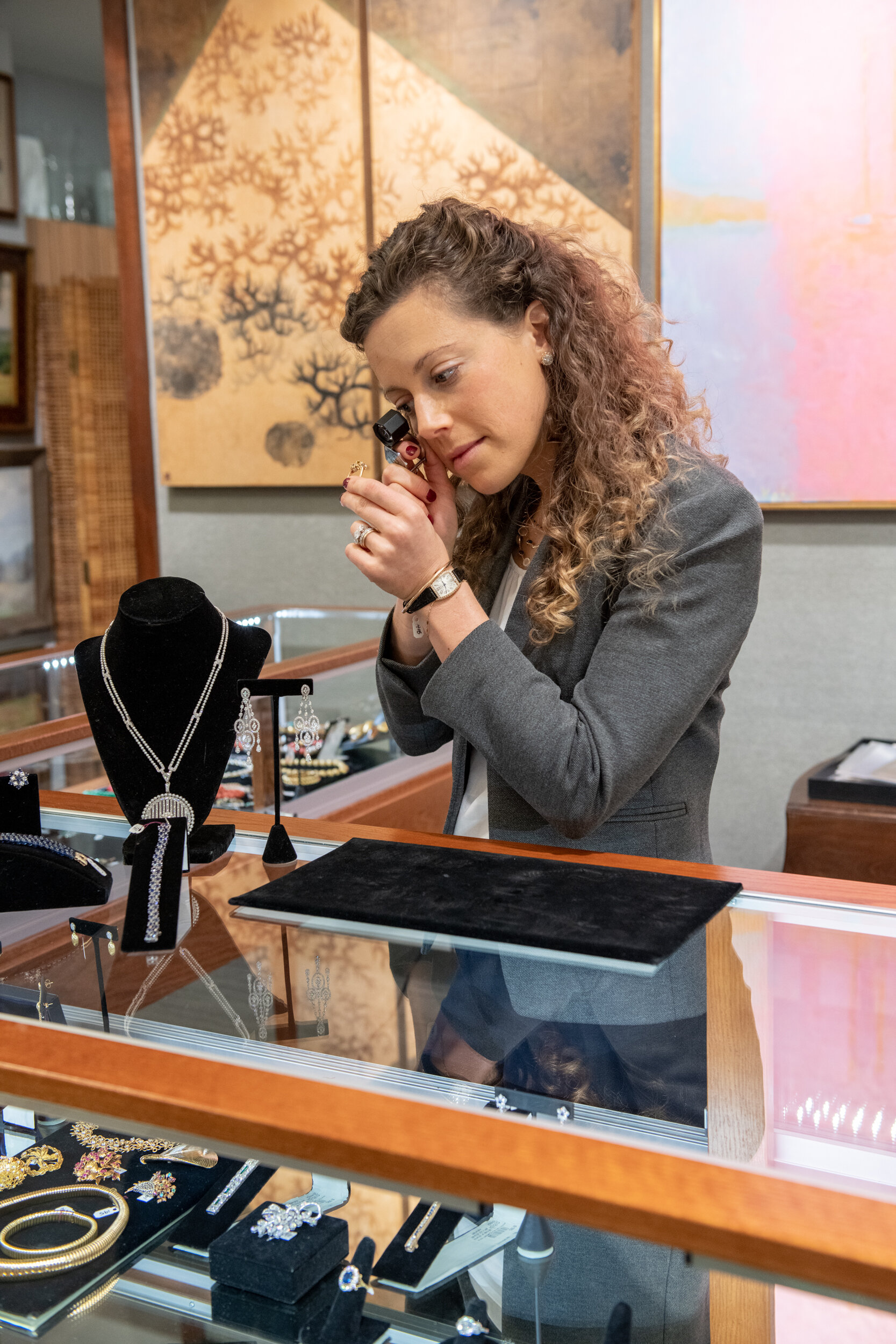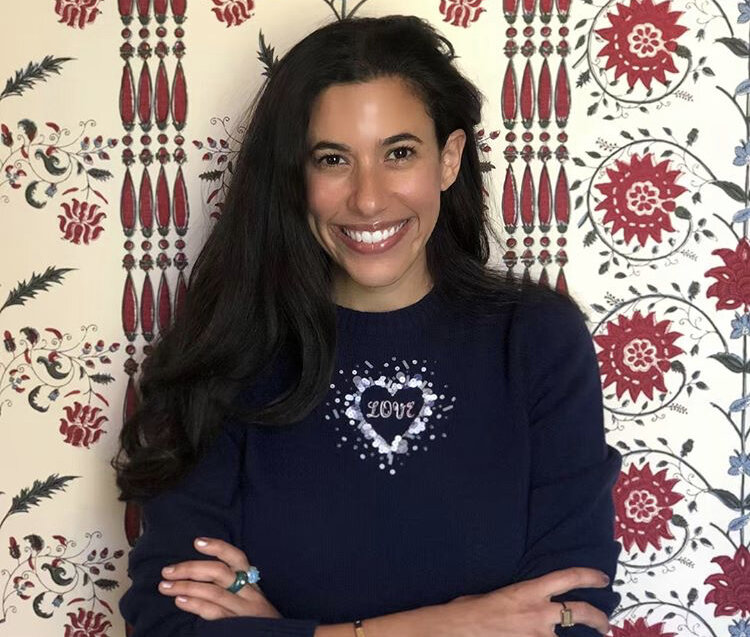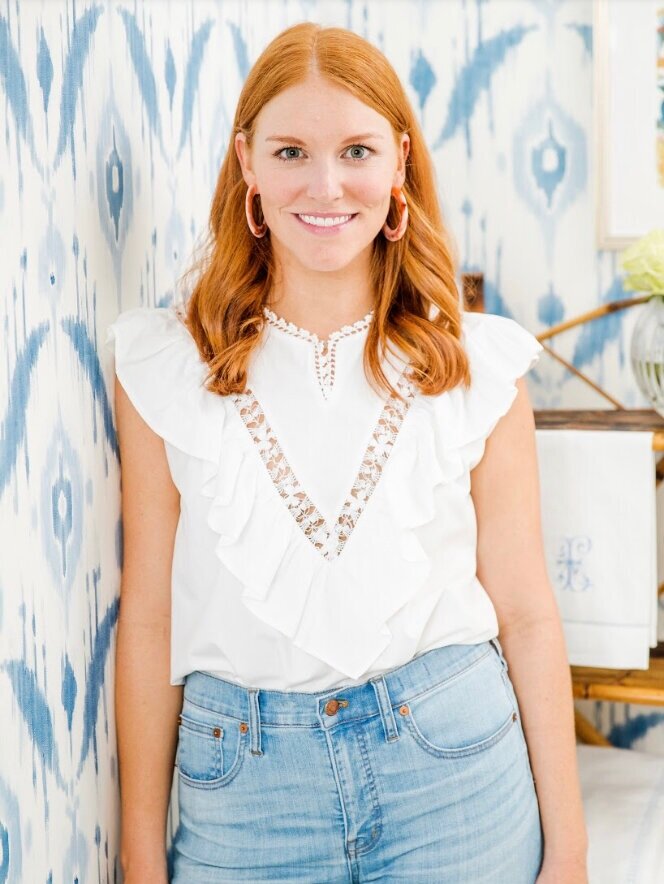T&T EXPERTS
CONVERSATIONS WITH WOMEN WHO ARE EXPERTS IN THEIR FIELDS
THE EXPERT
Arielle Patrick | Executive Vice President & Transaction Director in the Financial Communications & Capital Markets group at Edelman
Photo Credit: Parker Calvert
Can you tell us a little bit about yourself?
Let's see! I'm a native Manhattanite, Princeton grad, corporate executive, incredibly close with my parents (from whom I inherited my workaholic tendencies) and brother, and engaged to a hardworking, brilliant man. On the side, I'm also a board member of some nonprofits, and a novice angel investor.
You've spoken on panels and podcasts about how professionals can track their progress and contributions throughout the year in preparation for an annual review. Can you share a little bit more about this process?
Quite simply: your annual review should not be the first time you discuss your progress, goals, and where you are. Have a biweekly, at minimum monthly check-in scheduled with your manager, and beg for constructive feedback every time. Also, track all of your quantitative and qualitative wins in a spreadsheet or document. Always bring that with you. Quantitative data can include new business you've generated, and qualitative data might include positive feedback from colleagues or clients. Then, your annual review is purely an administrative, official conversation, where you and your manager discuss all the things you already know.
How has your approach to seeking professional advancement and promotions evolved as you've progressed in your career?
As I've matured, I've come to love, in fact crave, constructive feedback. It used to scare me. Now I have thick skin. My thought is: if I don't hear it... it's being said behind my back anyway, so why not know about it and address it as quickly as possible? It's much easier to conquer "the devil you know."
Asking for a raise can be intimidating for most. How do you approach this?
As mentioned, these should be consistent conversations with your manager throughout the year. The reason most people find it so intimidating is that they wait until review time to discuss the topic. If you are on the same page as your manager about how you're tracking against the next level, it should become abundantly clear when that time should be. A forced conversation is not fun for anyone, and it's much harder to make the case for a raise when you're unaware of areas for improvement, or what is expected of you at the next level. One tip: ask your HR team for the "career progression guidelines" or find a job description for the next level so you have it handy and can make sure you "check all the boxes."
What advice can you give to someone who struggles to advocate for herself?
If you don't do it, no one will. This is similar to the concept of loving oneself.
When interviewing for a new role, whether at a new company or your current employer, what is your number one preparation tip?
Never ask a question that could be easily researched. Always focus on asking your interviewer about their personal experience at the firm, their point of view on where the business is going, and take interest in their goals and ambitions. It's the best way to really learn about your prospective employer. Plus, you'll never look unprepared.
You've mentored younger women starting off in their careers. What have you learned most from this process?
I've learned the importance of having both mentors and sponsors. Mentors are the people outside your office who can help you tackle the tough stuff, and sponsors are people within your organization that can push you along the way and advocate for you. Far too often, I see mentees conflate the two. Your mentor is the person you can be vulnerable with, where there's no judgment. Your mentor can help you prepare for meetings with your sponsor so you're buttoned up and prepared to ask them how they can help you and make it happen. Lastly: mentorship is a two-way street. I only take on coaching people in whom I have a genuine interest, and who teach me something or bring something to the table for me too! Otherwise, it's a draining relationship.
For recent graduates, can you offer any tips for negotiating the initial job offer?
I personally would not negotiate a job offer straight out of school. It's your first job. You have no leverage. Take it if you love it. The money will come later on.
Best questions you can ask in an interview? Worst?
Same as my earlier answer!
Any advice for someone who feels that lost in her career?
Write down your 10 core values. Make sure that everything you choose to give your energy to (whether it be your job, friends, or extracurriculars) supports those priorities. If there's anything that distracts you from the things that matter most to you... it (or they) can go! Delete delete delete!
Three women who inspire you?
My mother, Mellody Hobson (who I still can't believe I'm lucky enough to call a mentor), and Hillary Clinton.
Have you had professional mentors in your life? If so, were these formal or informal?
Yes, and a mixture. It's critical to have both types.
What is your favorite part about what you do?
What I love is that no day is the same, and my job description changes with every client engagement. Sometimes I'm more of a management consultant, other times a writer and storyteller... and in the best cases I'm both.
If not in your current field, what do you think you would be doing?
I'd probably be a journalist like my Dad. He was recently appointed the head of the Race and Culture unit at CBS News. I'm so proud of him, it's crazy.
What changes would you like to see from corporate America, as it relates to the lack of diversity of voices in leadership?
I think focusing on diversity of life experience rather than quotas by gender, race, and other identities will go a long way. A combination of both would be great, if we can achieve it... but I do think committing to quotas is a nice starting point.
You are likely one of the youngest people in the room when advising the C-Suite. What advice do you have for women who may feel their contributions may be dismissed on account of being "green" a.k.a younger?
What's that they say, "fake it till you make it?" I never believed in that. The best thing you can do is be honest about what you know, and research what you don't know. Being the most prepared person in the room is the most critical part when you're "green." That said: I might be young, but I'm far from "green!" I view my career experiences in "dog years."
What advice would you give your 23 year old self?
Don't succumb to FOMO. When you're successful, the dinner party invites won't disappear, they'll come in droves. Focus on your career while you're young.
Your hope for 2021?
Relief!
Photo Credit: Parker Calvert
ABOUT ARIELLE
Arielle Patrick is Executive Vice President & Transaction Director in the Financial Communications & Capital Markets group at Edelman, based in New York. Arielle helps lead the firm's offering for mergers & acquisitions, bankruptcy/restructuring, and other transactions. She is an advisor to CEOs and boards of directors of public and private companies, providing counsel on communications strategies for all stakeholder audiences (e.g. investor, regulator, employee, vendor, supplier, customer, partner, media, etc.) to protect and build corporate reputation.
Prior to joining Edelman, Arielle was a leader of the financial communications team within the Corporate Crisis & Issues Management practice at global PR firm, Weber Shandwick (a subsidiary of Interpublic Group). She earned an undergraduate degree in Classics (Ancient Greek and Latin) from Princeton University.


